Make sure to stand up straight while checking out these exhibits.
1. General George Patton Museum – Fort Knox, Kentucky
One of the largest museums in the U.S. Army system, the General George Patton Museum boasts perhaps the largest collection of armored vehicles in the world. This collection spreads both inside and outside the museum, so you can have a glimpse at how one of these bad boys held up to rain compared to your Yamaha motor scooter (please don't attempt comparing the two in shrapnel blasts). However, that's not even the main focus of the museum - besides the jeeps, trucks, and tanks, the museum specializes in the history and development of armored warfare, as well as having a permanent museum dedicated to ol’ George “Blood ‘n’ Guts” Patton himself.
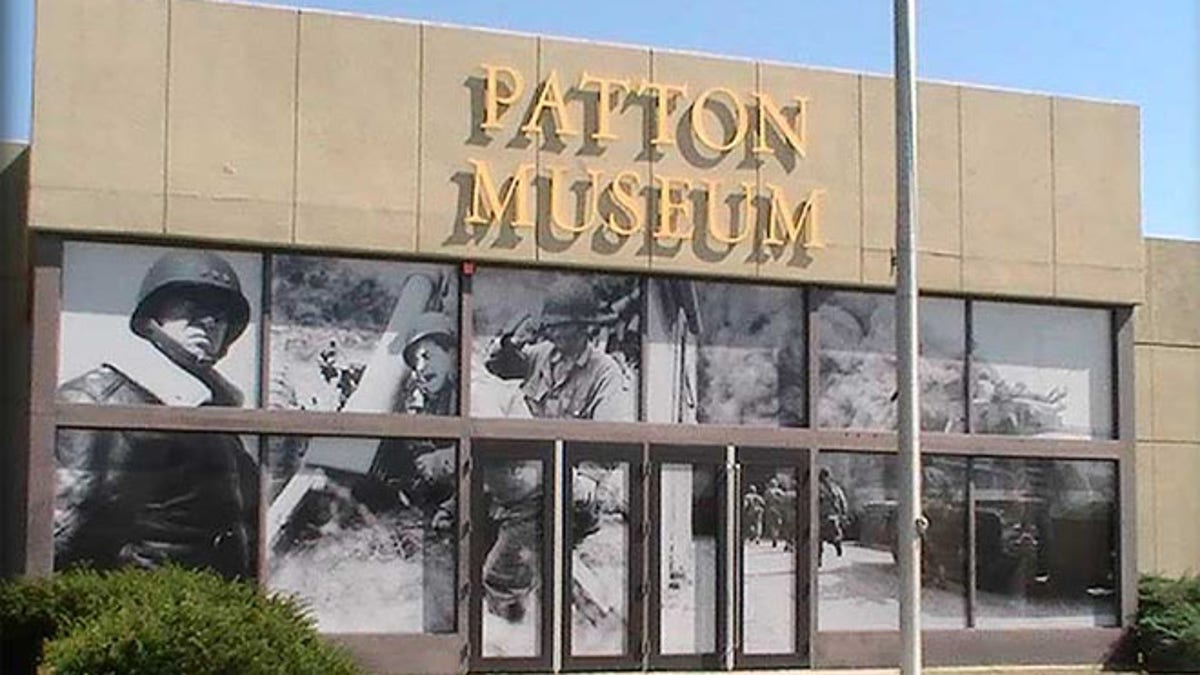
(General George Patton Museum)
2. Imperial War Museum – Various locations, England
Founded in 1917 as just the singular Imperial War Museum, there are now branches in five locations, three of which are in London. The vast physical spread of museums covers a vast spread of history - detailing libraries, art, oral histories, military vehicles, aircraft, and equipment from every conflict Britain or the Commonwealth have been in since 1914. One branch of note is the Churchill War Rooms in London: This historic underground complex once acted as a British government command center throughout the Second World War. Also displayed in the branch is the Churchill Museum, which explores the life of the British statesman himself. “You can always count on Americans to do the right thing—after they’ve tried everything else,” he once said – so do the right thing and visit this museum before you try out what McDonald’s tastes like across the pond.
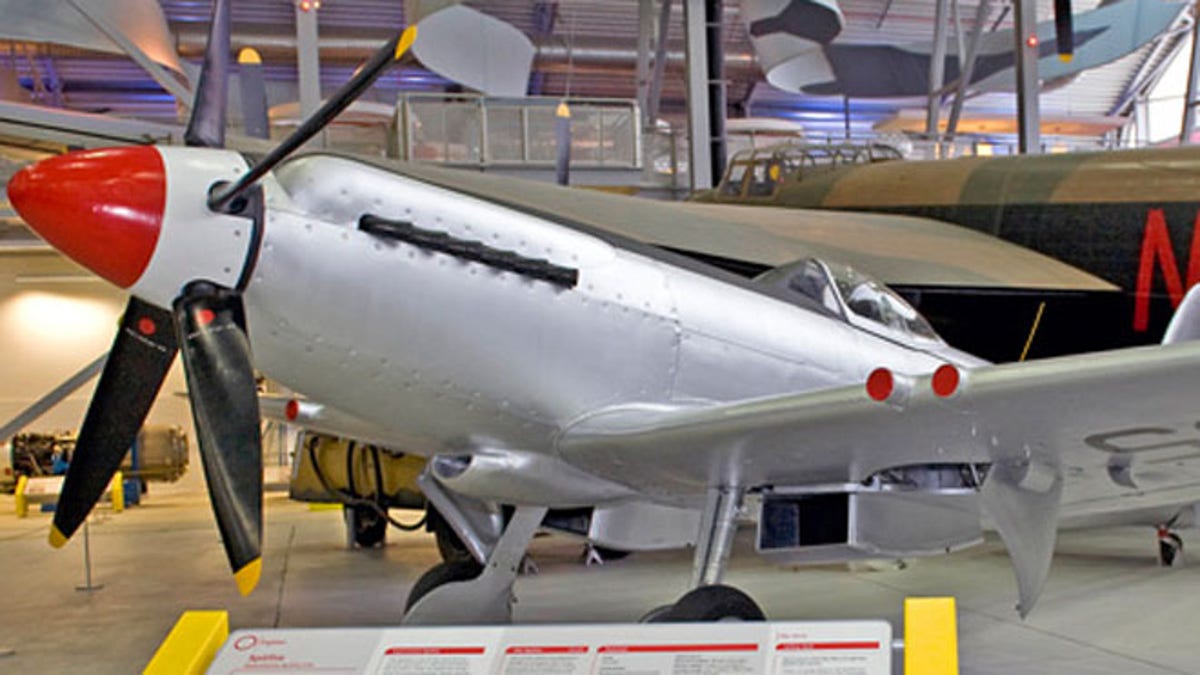
(Imperial War Museum)
3. Les Invalides – Paris, France
L'Hôtel national des Invalides is a massive complex of buildings in the 7th arrondissement of Paris, all dedicated to French military history. You'll find the Musée des Plans-Reliefs (a museum of three-dimensional models of cities fortified for military purposes), the Musée d'Histoire Contemporaine (a museum of contemporary history), and last but not least, the Musée de l’Armée, which houses the burial sites for many of France's war heroes, most notably Napoleon Bonaparte (remember, “hero” is kind of a subjective word). Artifacts aren't the only impressive pieces of military history you'll find here, however - the building is also a hospital and retirement home for war veterans, which was actually the building's original purpose. Just remember to show these guys more respect than you would Napoleon…
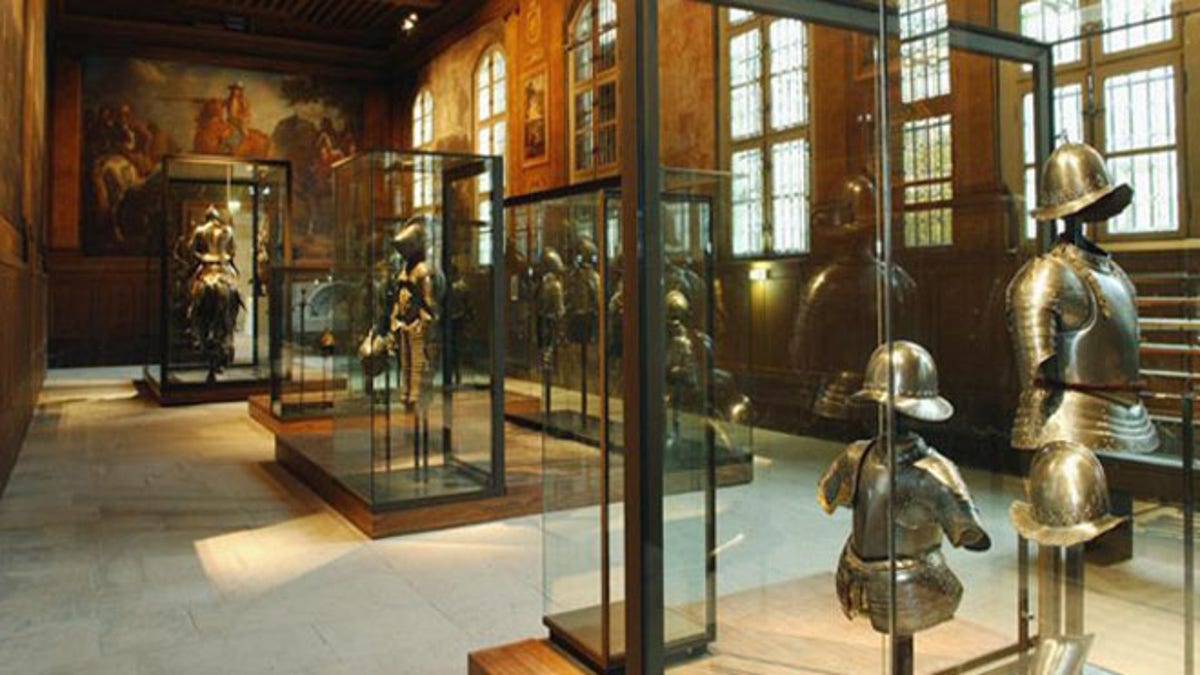
(L'Hôtel national des Invalides)
4. The National Museum of the Air Force – Near Dayton, Ohio
The National Museum of the Air Force is home to over 350 different aircraft and missile types, all on display under a nice, safe roof - which is good, since the museum is located at the Wright-Patterson Air Force Base. It's the world's oldest and largest museum dedicated to military aviation, and is always being updated with the latest military toys, such as the recent F-117 and B-2 stealth bombers. The museum lays claim to several presidential aircraft, such as FDR's, Harry Truman's, and Dwight D. Eisenhower's. Over 1.3 million visitors come every year to see a replica of the Wright brothers’ 1909 Military Flyer, making it one of the most frequently visited tourist attractions in Ohio (closely contending with the zoo that is a Cleveland Indians game).
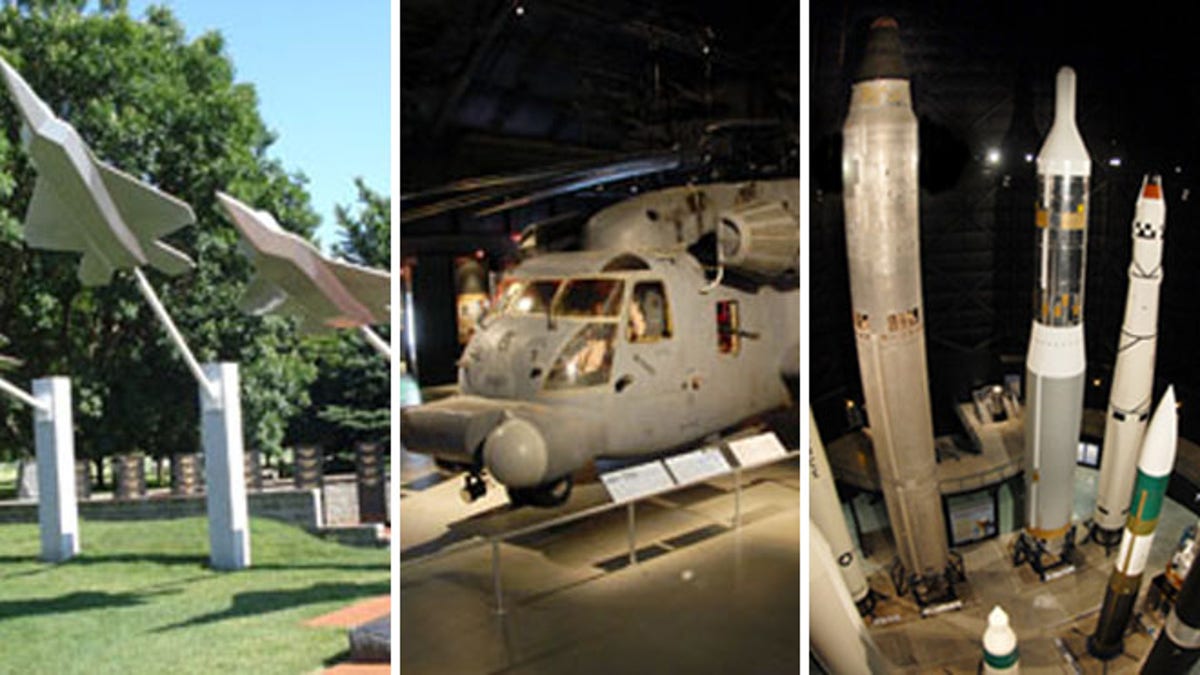
(The National Museum of the Air Force)
5. Bundeswehr Military History Museum – Dresden, Germany
Though the building the museum resides in - a former military arsenal in the Albertstadt of Dresden - is over 136 years old, the Central Museum of the Bundeswehr, as it is known today, didn't open until October 14, 2011. After six years of construction and $86 million dollars out of the German Military's pocket, the extensively renovated museum opened, hoping to breathe life into the old building and "change the way we think about war." It now boasts the Dresden Shard - a 98-foot high, 14,500-ton pyramid of concrete and steel that cuts through the 19th century stone arsenal. One of the main attractions to the museum is the original Brandtaucher, the first German submarine, built in Kiel in 1850.
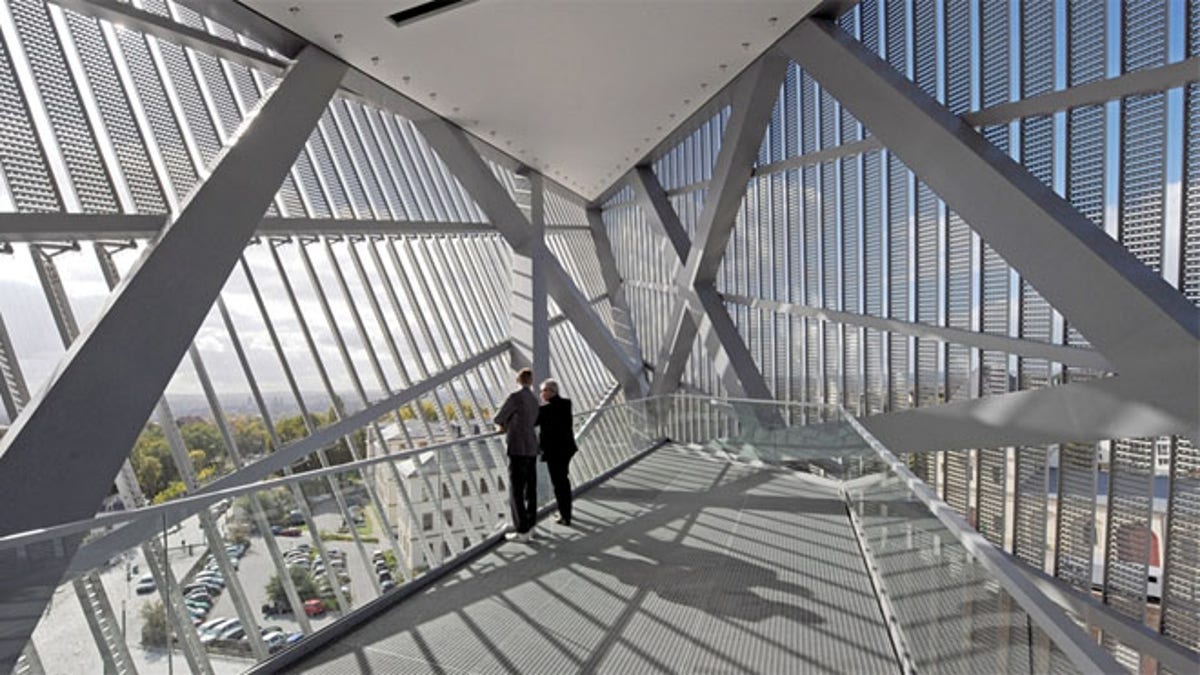
(AFP)








































